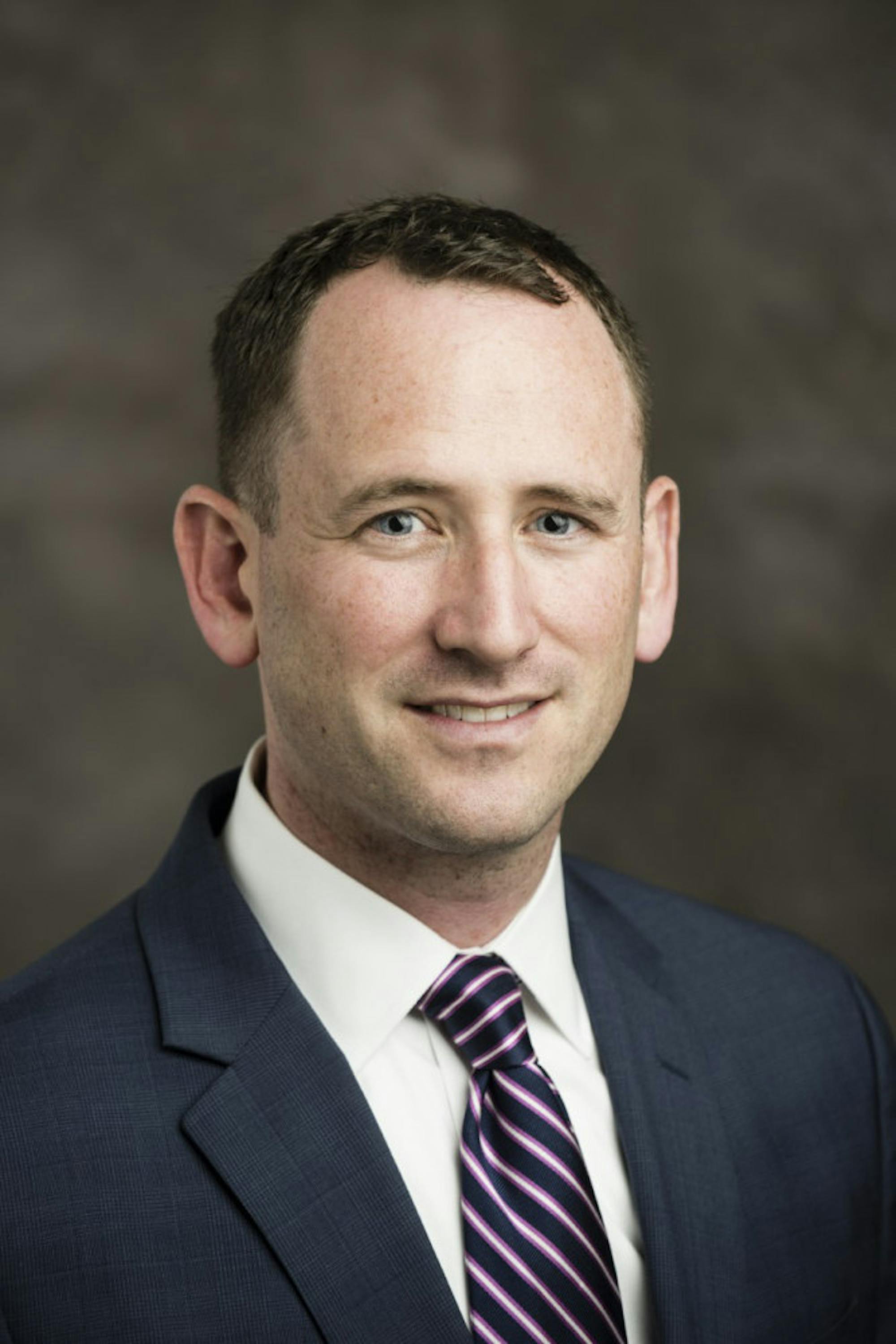The Emerson Collective announced the selection of Tufts Professor of Political Science Eitan Hersh as its newest fellow on Jan. 25 . The Emerson Collective is a for-profit organization that seeks to create social change through philanthropy, advocacy and investment. They partner with entrepreneurs, experts, policymakers, advocates and creatives to promote equality and justice.
Hersh is joining the collective’s Democracy Cohort, a cross-disciplinary group of fellows working to study and strengthen democratic systems. As a fellow, Hersh will receive funding to research his next book.
“Pretty much all of my work is in the democracy space … but the project … I'm working on now, which I think will be my next book, is specifically about business and what role business plays in continuing our democracy,” Hersh said.
He said that business leaders are powerful actors in capitalist democracies.
“Politicians don’t want to screw up the economy, usually, and so they don’t want to do big things without business on board,” Hersh said. “Voters actually like that because voters work for companies and invest in companies. No one wants the economy to get screwed up, and because of that, business people have a lot of power.”
Hersh suggested that there are various ways that powerful business leaders can engage with democracy.
“Should they just try to lobby for things that are good for them personally or good for their companies?” Hersh asked. “Should they try to spend time helping to pass policies in government that are good for the broader economy or good for the environment?”
Business leaders have an interest in promoting public stability but also in maximizing opportunity for their own private companies. Hersh also said that big businesses and smaller ones have different behavioral tendencies in the political realm.
“When it comes to retailers or small businesses, they are generally active in local government,” Hersh said. “In a place like Massachusetts, you have employers who are involved in construction or utility or insurance — they’re always at the Statehouse, but you have huge employers in Massachusetts, including universities, hospitals [and] law firms, that don’t necessarily see why they should be advocating at the Statehouse, and for what?”
Hersh’s research deals with both giant corporations at the national level and the decisions of big players in any political community.
“If you think that [businesspeople] should be the adults in the room, then they need a kind of blueprint for how to do that in a way that doesn't suppress the voices of other people,” he said.
Similar to his previous book, “Politics Is for Power: How to Move Beyond Political Hobbyism, Take Action, and Make Real Change” (2020), Hersh’s new book will combine a variety of research methods.
“Partly, it’s narrative storytelling and qualitative interviews, and partly it’s data analysis of surveys and other kinds of quantitative measures,” he explained.
He is currently working with students to survey the general public and business leaders, a group that he said can be difficult to evaluate.
Deborah Schildkraut, chair of the political science department, highlighted the importance of political science research and how it informs the way we construct equitable societies.
“There are lots of things that maybe feel right in our gut and it turns out that the data and evidence just don’t support it,” Schildkraut said. “But it can also be really valuable to confirm the things that we thought we knew were true.”
Research can uncover causal relationships in the social world, which can then be used by people to convert their potential into power and make gains on issues they care about.
“Social science, like all science, works best when you have lots of people tackling a similar issue from different angles using different methods,” Schildkraut said.
Elaine Donnelly, director of the Tisch College Community Research Center, discussed the range of social science research.
“The [research] questions stem from community concerns,” Donnelly said. “[It] could be geographic, it could be demographic, you know, however you define community. … In that process, ideally, all partners are involved in all stages of the research.”
In terms of furthering democracy and engagement, research is essential in knowledge creation.
“The data is more accurate, the interpretations are more useful [and] the dissemination [and] distribution of findings … gets to where it needs to be,” Donnelly said.
Schildkraut noted that Tufts students have the advantage of studying at a university that values civic engagement and opportunities for involvement.
Hersh reflected on his larger research purpose as an Emerson Collective Fellow.
“I want students, and anyone who’s learning from me, to have that moment that they realize all of the gray in this world,” he said. “These things are complicated, and it’s good to have a nuanced approach.”






